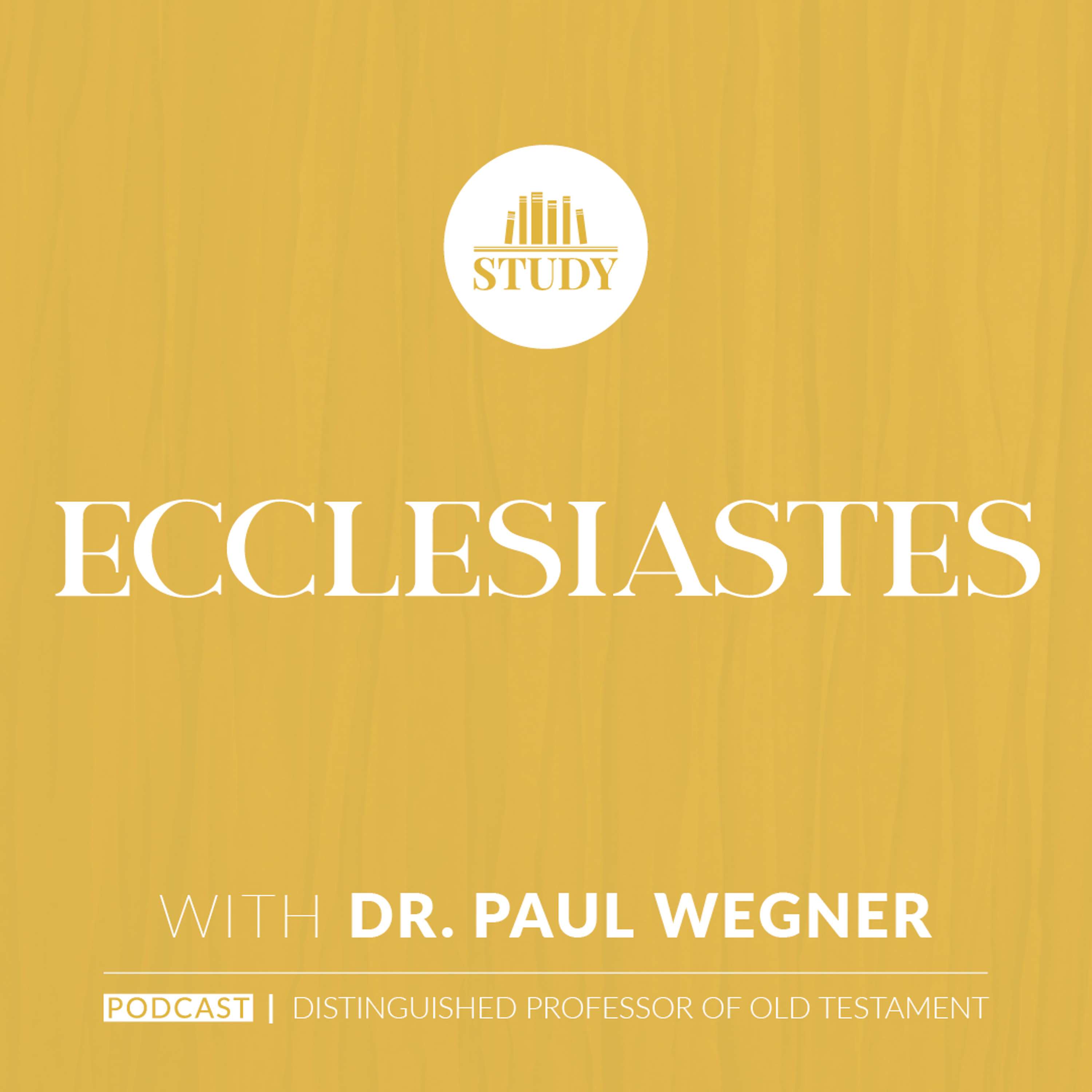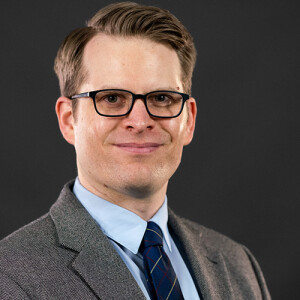A newer book on the development of the early church, The Global Church, by Donald Fairbairn has captivated my recent attention. In the first section of the book, Dr. Fairbairn traces the development of the church from Pentecost until about 300 AD. His book focuses on the developing church in Asia and Africa, not just Europe as is the focus of many such works.
During the first three centuries, several aspects of church life took form. Three primary examples are the development of the canon, the rise of church governing structures, and the development of common theological convictions. The most striking aspect of this is God’s providential care and direction of the church to achieve any semblance of commonality on these issues.
Imagine how difficult it would have been to coordinate the development of the canon, the rise of governing structures, and common theological convictions in an era of slow communication and difficult transportation. It was hard for church leaders to coordinate on these issues, and yet, the common themes, emphases, and conclusions that arose in the developing church were clear. Sure, there was variety (and some heresy), but largely there was a unified development trajectory across the emerging church. There is really only one good explanation for this process—God’s providential care.
God not only creates the church but sustains it by his power. We so easily forget this. When hardships come or confusion reigns, it’s easy to think the church is doomed. We are so short-sighted. When you start to feel overwhelmed, back off and take the long view—like expanding your vision to include several centuries. God sustains his church—always has, always will.
We need this century-wide vision right now in the American church. We are struggling with the pandemic and the spiritual weakness it has revealed. Many believers have wilted. Some churches have retreated. Most everyone feels overwhelmed. It’s easy in a situation like this to become a doomsayer, lamenting the losses and demanding the culture become more accommodating to ensure our success. That’s a misplaced expectation; a duplicitous loyalty.
The church, the true church, will be sustained. While circumstances may produce temporary setbacks, nothing can or will ultimately destroy God’s church. Let the remarkable story of our first 300 years motivate you to greater faith as we face the next few years.
Read More

“Faith is a tree known by its fruits”: The Gisle Johnson Project
The Gisle Johnson Project is a new research endeavor spearheaded by Robb Torseth

Excerpt — Towards a Clearer Understanding of Jonathan Edwards’s Biblical Typology: A Case Study in the ‘Blank Bible’
Dr. Cameron Schweitzer provides new insights into Jonathan Edwards’s often mischaracterized typology.
Listen
Wisdom Books | Ecclesiastes
A common misconception about the book of Ecclesiastes is that it is very pessimistic. In actual fact, there is great comfort throughout the book that while life without God is meaningless, there is great satisfaction found when we cling to the Lord, and only to Him.

Ministering in Finland
Mikko Sivonen, Academic Dean of the Agricola Theological Seminary in Finland, joins Dr. Hopkins to discuss working as a missionary in a place where people are predominantly a different denomination than you. You can learn more about Mikko’s work here www.agricolasemin




